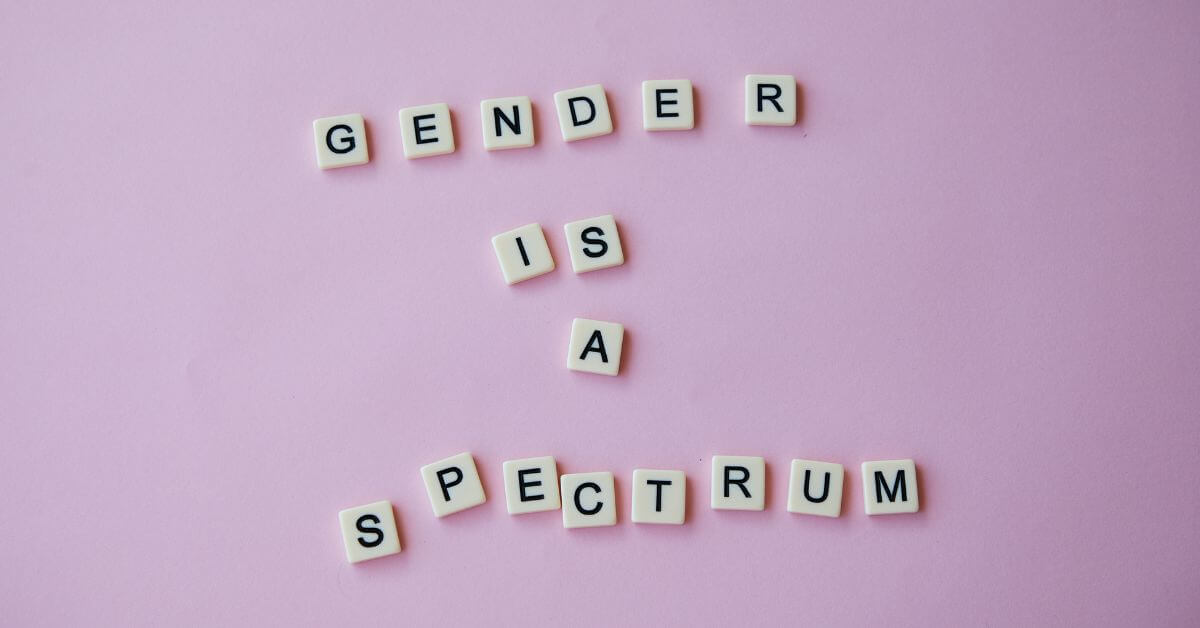The global movement for LGBTQ+ rights and inclusivity has gathered tremendous traction in recent years.
Despite the fact that there has been progress in many areas of the world, issues and inequalities continue, necessitating the need for change advocates.
The situation of LGBTQ+ rights and inclusivity in Abuja, Nigeria, is discussed in this blog article, along with the struggles the LGBTQ+ community has to confront and the initiatives being taken to advance equality and acceptance.
Understanding the rights and inclusivity of LGBTQ+ people:
Lesbian, Gay, Bisexual, Transgender, and Queer/Questioning (LGBTQ+) rights include the freedoms and rights that LGBTQ+ people should have in society, such as protection from discrimination, access to healthcare, education, and the capacity to live authentically without fear.
LGBTQ+ Rights in Abuja and Nigeria:
Like many other nations, Nigeria faces difficulties in recognizing and upholding LGBTQ+ rights.
Due to the criminalization of same-sex partnerships brought on by the Same-Sex Marriage (Prohibition) Act, which was approved in 2014, it is difficult for LGBTQ+ people to live freely.
Due to the larger national context, LGBTQ+ people in Abuja, the capital of Nigeria, encounter similar difficulties.
Challenges Facing Abuja’s LGBTQ+ Community
- Legal Discrimination:
The Same-Sex Marriage (Prohibition) Act’s prohibition of same-sex partnerships fosters prejudice and fear in society.
- Social Stigma:
Negative stereotypes and social stigma against LGBTQ+ people might cause them to feel alone, have mental health problems, and face discrimination.
- Healthcare Disparities:
Due to a lack of awareness and cultural prejudices, LGBTQ+ people may experience difficulties receiving proper healthcare.
- Limited visibility:
The lack of LGBTQ+ visibility in popular culture and politics helps misconceptions persist and impedes change.
Work on promoting inclusivity and equality:
- Advocacy Groups:
Despite obstacles, Abuja’s diverse LGBTQ+ advocacy groups are devoted to advancing equality, offering assistance, and educating the public about LGBTQ+ rights.
- Building Communities:
In order to provide a welcoming environment for people to meet and share their experiences, safe spaces and LGBTQ+ community centers are being built.
- Educational Initiatives:
To raise knowledge and comprehension of LGBTQ+ problems, workshops, seminars, and educational initiatives are being planned.
- Legal Obstacles:
Human rights organizations and activists are campaigning for legal changes to preserve LGBTQ+ rights as well as for the removal of discriminatory laws.
Education and allyship are important:
In order to advance LGBTQ+ rights and inclusivity, allyship is essential. Regardless of their sexual orientation or gender identity, allies support and promote the LGBTQ+ community.
Allies can combat prejudices, advance acceptance, and foster more inclusive environments by learning about them, having talks, and taking action.
Building a Future That Is Inclusive:
It will take a team effort to advance LGBTQ+ rights and inclusivity in Abuja and beyond.
We can work to create a more inclusive and equitable society for all people, regardless of their sexual orientation or gender identity, by challenging discriminatory policies, increasing awareness, and fostering dialogue.
Responding to queries that “People Also Asked”
- How can supporters assist Abuja’s LGBTQ+ community?
By being knowledgeable about LGBTQ+ issues, critiquing discriminatory speech and actions, and opposing prejudice, allies can provide support.
Making a point of standing with LGBTQ+ people and paying attention to their stories can have a big impact.
- Does Abuja host any LGBTQ+ events or organizations?
Yes, Abuja is home to a number of LGBTQ+ advocacy organizations and activities, including Pride marches, workshops, and community gatherings.
These platforms give people the chance to network, spread awareness, and promote change.
- What part can education play in advancing the rights of LGBTQ+ people?
Education is essential for dismantling biases, promoting empathy, and dispelling stereotypes.
A more tolerant and welcoming society may result from the inclusion of LGBTQ+ themes in school curricula.
- How can people encourage inclusivity in their day-to-day activities?
By treating everyone with respect and dignity, using inclusive language, combating discrimination, and having open discussions about LGBTQ+ topics, people may encourage inclusivity.
Conclusion
Even while Abuja’s path to LGBTQ+ rights and inclusivity may be difficult, the voices of activism, allyship, and education are only getting louder.
We can plow the way for a more inclusive future where all people are treated with decency and respect by recognizing the hardships encountered by the LGBTQ+ community, fighting for legal reforms, and encouraging open discussions.
As we unite in support of LGBTQ+ rights, we help build a culture that values diversity and equality, transforming Abuja into a place where everyone can prosper without having to worry about prejudice.





